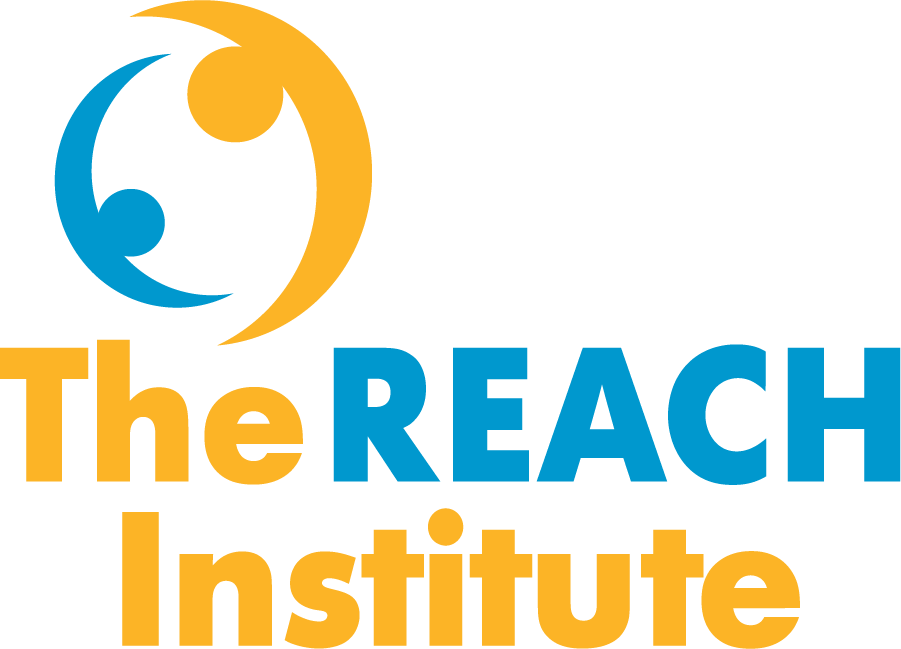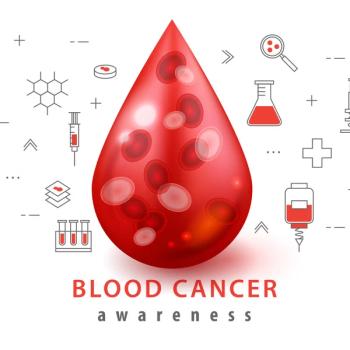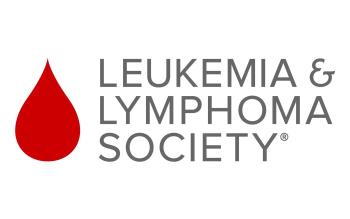
Culturally responsive parent empowerment & children's mental health

REACH faculty member and pediatrician Noor Jihan Abdul-Haqq, who has grounded her practice in cultural responsiveness, shares her top strategies and recommendations for REACH-trained clinicians to ensure parents from all backgrounds feel empowered and engaged in their child’s mental health care.
Many families face complex barriers to mental health care that go beyond getting a diagnosis or prescription. This can include lack of time, tight finances, geographic barriers, distrust of the medical system, and differing cultural and religious beliefs. Culturally responsive care gives providers a way to bridge those gaps and improve outcomes for children and families.
In this article, pediatrician and REACH faculty member Dr. Noor Jihan Abdul-Haqq shares practical strategies for empowering parents across diverse backgrounds. From asking families directly about their mental health beliefs, to prioritizing care when diagnoses feel stigmatizing, to connecting families with trusted community resources, her guidance centers on building trust and collaboration.
By practicing cultural responsiveness, clinicians can help parents feel confident, engaged, and equipped to support their child—transforming both care experiences and long-term mental health trajectories.
Newsletter
Access practical, evidence-based guidance to support better care for our youngest patients. Join our email list for the latest clinical updates.








